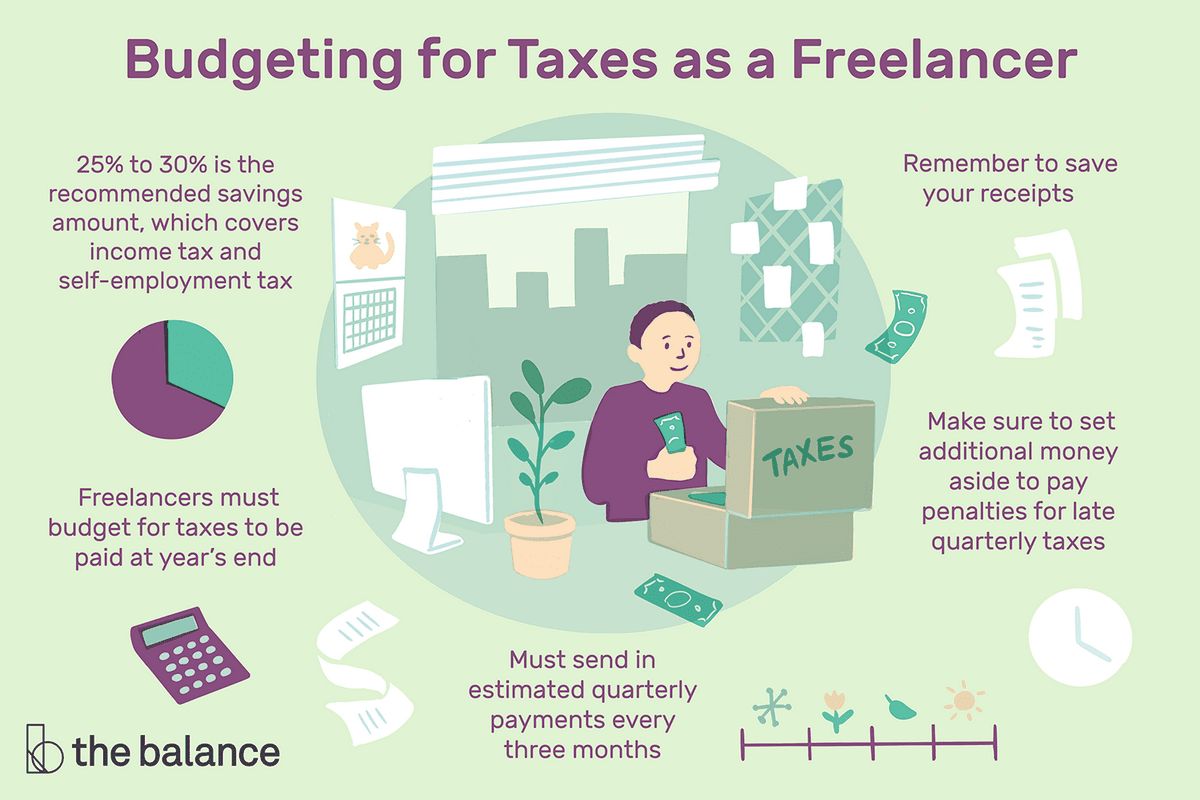
Hiring a Freelancer? Here’s What That Means for Your Taxes
The gig economy has seen tremendous growth over the past decade. With the rise of remote work during the pandemic, businesses have changed their thinking about employees and hiring practices. More people are pursuing online business ventures, and this trend is likely to continue.
The gig economy emerged out of necessity during the Great Recession, when many people found themselves out of work due to layoffs and furloughs. To make ends meet, they started looking for alternatives to traditional 9-to-5 jobs.
This shift in employment led to the emergence of major companies like Uber, Airbnb, and TaskRabbit. Existing selling platforms such as eBay and Etsy also became attractive options for those looking to earn extra money, and they have since become significant players in the online retail space.
If your business is considering working with freelancers, it’s crucial to understand the gig economy and its implications for taxes. One key consideration is whether you’re working with an employee or an independent contractor. This distinction significantly affects your company’s responsibilities. The U.S. Department of Labor provides guidelines, including an economic reality test, to determine whether a freelancer is economically dependent on an employer or operating as an independent business.
Two core components of this test are the level of control the freelancer has over their work and their opportunity for gain or loss. According to the Department of Labor, the actual working relationship determines whether someone is an employee.
Since gig workers aren’t always classified as employees, companies aren’t required to provide them with the same benefits. These classification issues can complicate tax matters further. The tax process is already confusing, and changing regulations surrounding the gig economy only add to the complexity.
Previously, gig workers had to report their income if it exceeded $20,000 annually across 200 transactions. Starting in 2022, the reporting threshold is lowered to $600 in annual income, with no minimum number of transactions required. For example, sellers on Etsy will receive a 1099-K form when their annual income on the platform surpasses $600. Businesses need to closely monitor gig workers’ income and engage in robust reporting.
It’s important to note that taxes vary from state to state. While federal tax laws have changed regarding the gig economy, both gig workers and the businesses that employ them must understand the tax codes of their respective states. States like California, Arkansas, Missouri, New Jersey, Vermont, and the District of Columbia have established their own thresholds for reporting gig worker income.
In addition, freelancers’ tax obligations are influenced by how they conduct their work. Nearly every state in the U.S. has its own income tax for freelancers and businesses. Most states require freelancers to pay estimated taxes throughout the year. If a freelancer operates as an independent business, like an LLC, these taxes can also vary from state to state and even from city to city.
Even though freelancers are responsible for paying self-employment taxes, businesses still have tax obligations. To fulfill these obligations, it’s important to:
1. Understand how the tax system works: Companies need to know their tax obligations, including withholding taxes, record-keeping, and providing freelancers with necessary information. It’s also essential to know where freelancers are located, as tax laws vary across state lines.
2. Classify workers properly: Misclassifying workers is a significant issue in the gig economy. Laws surrounding the gig economy are evolving, and regulatory bodies are focusing on the nature of the work, the degree of control the gig workers have, their involvement in the company, and the permanence of the relationship. Incorrect worker classification can result in hefty fines for businesses.
3. Invest in robust record-keeping: Companies have a responsibility to report freelancer earnings to individual workers. Maintaining accurate records and providing the necessary documentation for freelance tax reporting is crucial for compliance.
4. Look to the future of freelancing: The gig economy continues to offer benefits for businesses, particularly small businesses that need flexible staffing. However, it’s important to stay informed and adapt to changing regulations. Freelance work can be incredibly valuable if approached correctly and with a clear understanding of your tax obligations in the gig economy.
We’re at a turning point for freelancers and gig workers, and businesses are being held to higher standards regarding their obligations to independent contractors. By staying updated with industry changes and investing in the right tax tools and knowledge, your company can effectively leverage gig workers without facing negative consequences.
Hello!
I’m Andrew Brooks, a seasoned finance consultant from the USA and the mind behind phonenumber247.com.
My career is built on a foundation of helping individuals and businesses thrive financially in an ever-changing economic landscape. At phonenumber247.com, my aim is to demystify the complex world of finance, providing clear, actionable advice that can help you navigate your financial journey with confidence. Whether it’s personal finance management, investment strategies, or understanding the nuances of market dynamics, I’m here to share insights and tools that can propel you towards your financial goals.
Welcome to my digital space, where every piece of advice is a step closer to financial clarity and success!
